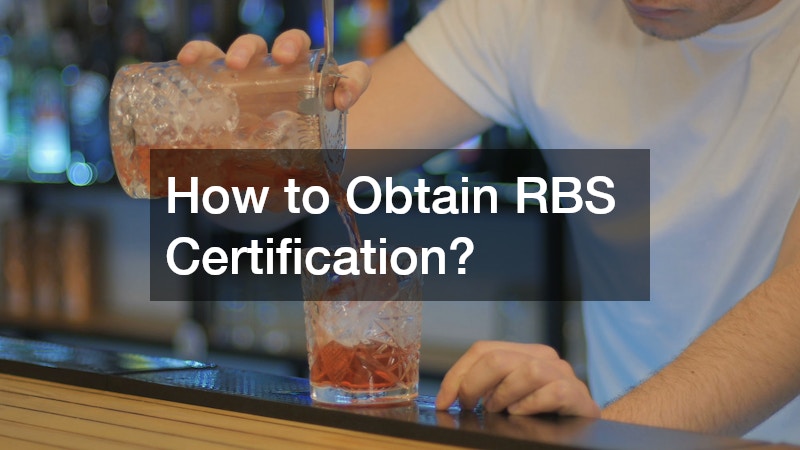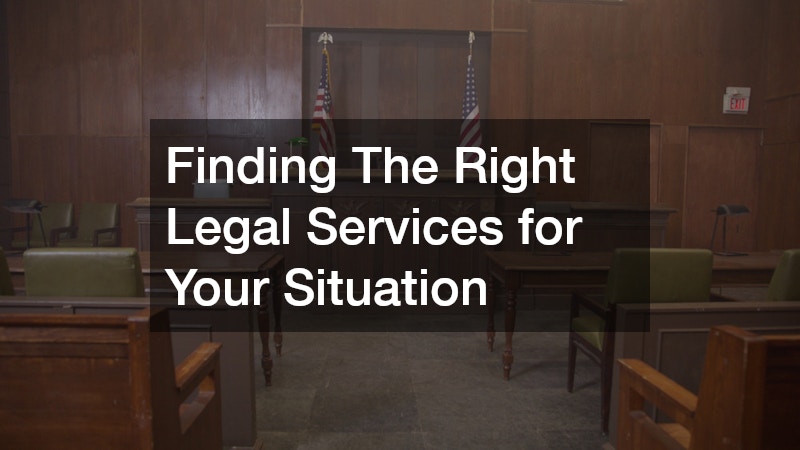
Responsible Beverage Service (RBS) Certification is a crucial credential in the hospitality and retail industries, designed to promote responsible alcohol consumption. This certification originated as a response to growing concerns about alcohol-related incidents and aims to equip professionals with the knowledge to minimize risks.
Over time, RBS Certification has become a benchmark for businesses that serve alcohol, underscoring the importance of legal compliance and social responsibility. By understanding its significance, businesses can enhance their operations and contribute positively to their communities.
This article delves into the intricacies of RBS Certification, exploring its history, importance, and the processes involved in obtaining it. Furthermore, it examines the challenges faced by establishments and offers tips for successful certification.
What is RBS Certification?
Definition and Purpose
RBS Certification is a formal acknowledgment that an individual or establishment has completed training to serve alcohol responsibly. Its primary objective is to reduce the negative impacts of alcohol consumption, such as drunk driving and underage drinking.
The certification ensures that staff are educated on identifying signs of intoxication and how to handle difficult situations. By promoting these standards, RBS Certification helps create a safer environment for patrons and the wider community.
Beyond safety, the certification aims to uplift the industry by promoting professionalism and accountability. Establishments that prioritize RBS Certification demonstrate a commitment to high ethical standards and customer care.
History and Evolution
The journey of RBS Certification began several decades ago, driven by societal demands for safer alcohol consumption practices. Public awareness campaigns highlighted the dangers associated with alcohol, prompting legislative changes that supported the creation of RBS programs.
Over the years, RBS Certification has evolved to include comprehensive training modules that address contemporary issues in alcohol service. These programs have expanded in scope to cover topics such as cultural sensitivity and mental health awareness, reflecting an understanding of diverse customer needs.
Technological advancements further transformed RBS training, making it accessible online and thus more flexible for busy professionals. This evolution signifies the industry’s dedication to maintaining high standards amidst changing societal norms.
Why is RBS Certification Important?
Benefits to Businesses
Obtaining RBS Certification can greatly enhance a business’s reputation by exhibiting a strong commitment to customer safety and legal compliance. Certified establishments are often viewed more favorably by patrons, which can lead to increased customer loyalty and satisfaction.
Additionally, businesses with RBS Certification may experience a decrease in alcohol-related incidents, reducing liability and potential legal issues. Staff equipped with RBS training are better prepared to manage challenging situations, fostering a more positive and professional environment.
Investing in RBS Certification can also lead to financial benefits through reduced insurance premiums and operational efficiencies. As a marker of responsibility, it can differentiate a business in a competitive market, attracting clients seeking a safe and enjoyable experience.
Social and Legal Implications
RBS Certification plays a pivotal role in upholding legal requirements regarding alcohol service, including verifying customer age and managing customer behavior. By adhering to these legal standards, businesses contribute to a reduction in alcohol-related harm in the community.
Socially, RBS Certification encourages a culture of responsible drinking, educating both staff and patrons on the importance of moderation. This proactive approach can help shift societal attitudes towards alcohol, promoting healthier and more responsible consumption patterns.
Ultimately, RBS Certification is an important tool in creating safe public spaces and reducing the strain on community resources, such as law enforcement and healthcare services. Its adoption signifies a proactive effort to address the broader impacts of alcohol consumption on society.
Who Needs RBS Certification?
Industries and Professionals
RBS Certification is commonly required in the hospitality sector, particularly for roles such as bartenders, servers, and managers. Retail environments, like liquor stores, may also mandate certification for staff involved in the sale of alcohol.
Beyond immediate alcohol-serving roles, supervisors and security personnel at venues like nightclubs and stadiums also benefit from RBS training. This comprehensive coverage ensures that all staff involved in alcohol service are equipped to manage potential risks effectively.
Furthermore, event organizers and catering companies increasingly recognize the value of RBS Certification, ensuring their teams are prepared for responsible service at a variety of functions. This widespread adoption across industries reflects the growing recognition of RBS’s benefits.
Mandates and Voluntary Certifications
In many regions, obtaining RBS Certification is legally mandated for specific roles and establishments, ensuring uniform adherence to safety standards. These mandates are often enforced at the state or municipal level, with varying requirements depending on local laws.
However, even in areas where RBS Certification is not mandated, many businesses choose to implement it voluntarily as a best practice. This proactive approach demonstrates a commitment to excellence and safety, often yielding positive business returns.
The duality of mandated versus voluntary certification allows flexibility while still advocating for a baseline standard across the industry. This balance helps maintain a consistent level of knowledge and professionalism among alcohol-serving professionals.
How to Obtain RBS Certification?
Training Programs
RBS training programs are widely available through various providers, offering courses both in-person and online to accommodate different learning preferences. These programs cover essential topics such as legal regulations, effects of alcohol, and customer safety.
Providers often tailor their courses to meet regional compliance requirements, ensuring that participants receive relevant and updated information. Training sessions typically involve interactive modules and case studies, enhancing retention and practical application of knowledge.
Exam and Certification Process
After completing the training, participants must pass an exam to obtain their RBS Certification. The exam assesses knowledge of the core principles covered in training, including identifying intoxication and handling difficult situations.
Certification exams are generally offered online, providing the flexibility to complete them at the participant’s convenience. Upon passing the exam, individuals receive an official RBS Certification, valid for a set period before renewal is required.
.








